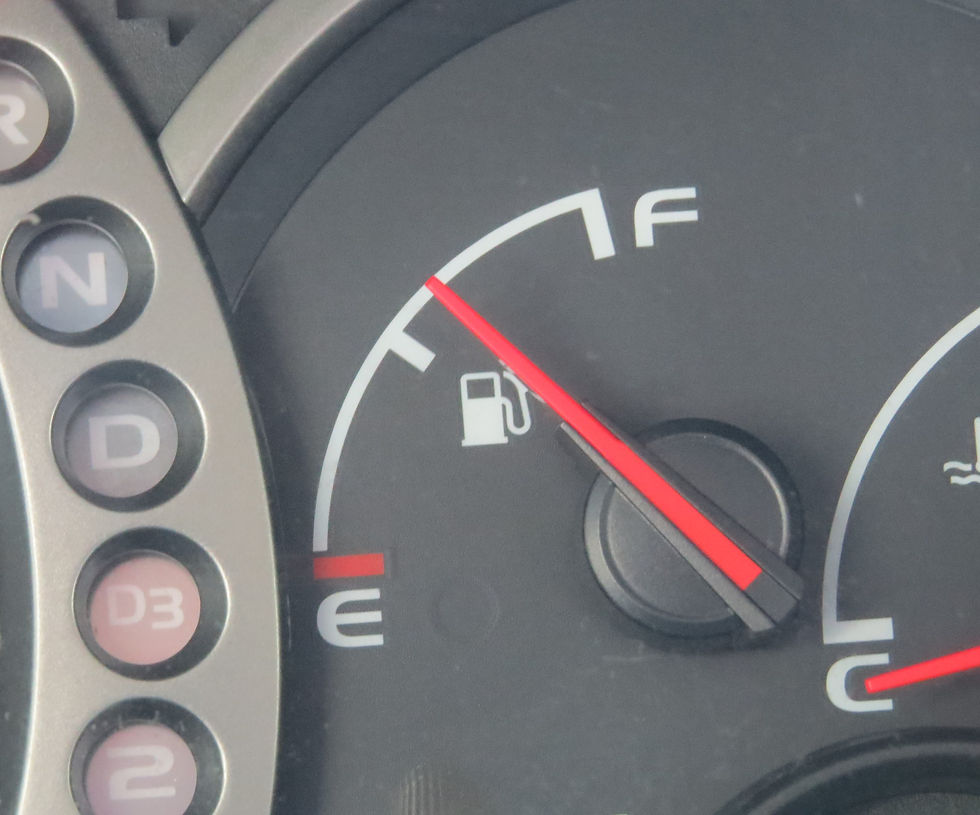10 Habits That Better Prepare You for a Disaster or Emergency
- Jul 29, 2020
- 3 min read
Updated: Feb 20, 2022
These 10 simple behaviors are easy to incorporate into your day. They can make a difference in your survival, your comfort and your resilience, your ability to bounce back when an emergency or disaster strike.
1. Bring Your Jacket: Carry outerwear that will keep you safe and comfortable outdoors for the next 48 hours. You may end up outside for days and nights with what you have with you. Hypothermia is a real danger when you are cold and wet. It does not require extreme cold temperatures. All it takes if for your core temperature to fall below your ability to warm yourself.
2. Wear Sturdy Shoes: We like attractive shoes. But can you walk home in them? In the evacuation of the towers on 9/11/2001, women sustained more injuries than men. They had abandoned their uncomfortable shoes in the corners of the stairwells. Thus, they walked barefoot across the debris field and down the streets of Manhattan.
3. Carry Some Cash: Credit and debit transactions require internet and electricity. Cash or barter may be your only means of paying for goods and services.
4. Plan Your Exit: Everywhere you go, spend a few seconds to look for the main exit and alternate exits. Visualize how you would evacuate. This simple step can save your life when a disaster or emergency occurs and seconds count.
5. Keep your Gas Tank above 1/2. As soon as the gauge reaches 1/2, fill the tank. In an evacuation or massive traffic jam, you want to be the one who can go the distance. Gas stations require electricity to pump fuel, so that may not be an option.
6. Maintain Body Strength and Endurance: You may need to dig yourself out of the rubble, remove debris or rescue someone. You may need to walk for days. Every day do your best to include some kind of resistance or endurance training. This could include weights, bands, carrying heavy things, hiking, playing a sport, or walking.
7. Strive for Optimal Health: The healthier you are when an emergency or disaster strike, the fewer external resources you will depend upon. Healthcare and prescription medications may be unavailable for a time. Insulin resistance is at the root of many, if not most, chronic diseases. It can be avoided, and often reversed, with a low carbohydrate diet, stress management and proper sleep. Work with your integrative or functional medicine doctor.
8. Avoid Procrastination: Pay your bills as soon as they come in, or set up automatic bill pay. Paying bills need not be one of your worries in the aftermath of an event. Keep up with your laundry and your dishes. Having clean clothes and clean dishes is a benefit not to be underestimated.
9. Buy Extra Food and Water: That extra food and water can sustain you when things shut down. Create a system to cycle out food items as they near expiration.
10. Expand and Deepen Relationships: Your friends, family and neighbors are your first responders in an emergency or disaster. They are also your safety net. You are theirs. They are the ones who will check on you and care for you. Positive relationships with your friends, neighbors and family are also beneficial for your health, mood and longevity.
These sensible habits may remind you of the advice of grandparents. They understood that stuff happens and you need to be ready. Stuff does happen. With these behaviors, you can be ready too.
More on Ever The Student: https://www.everthestudent.com/preparednesseducator






Comments